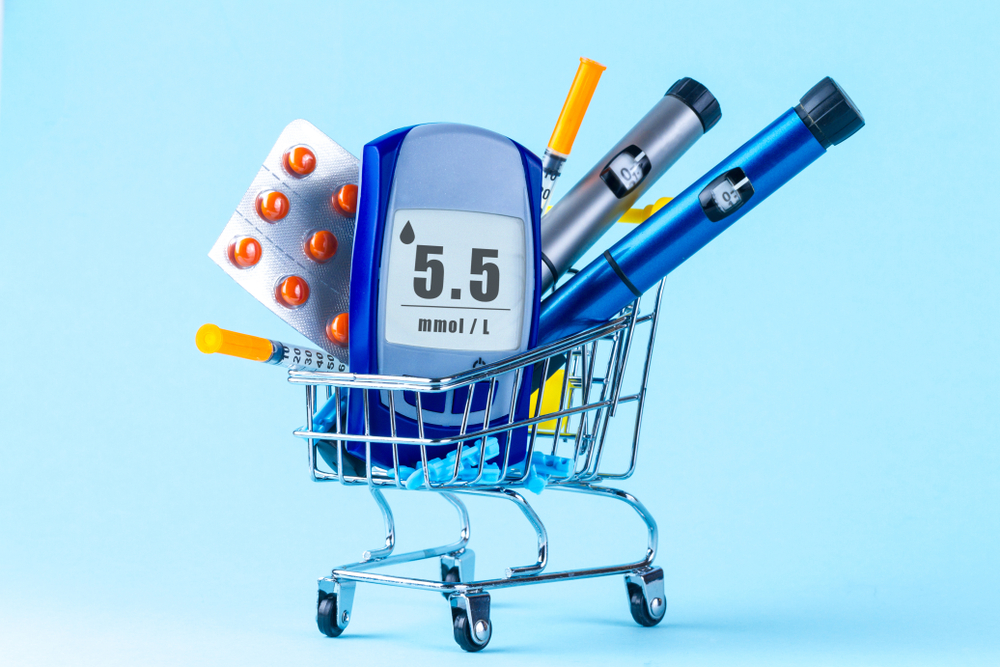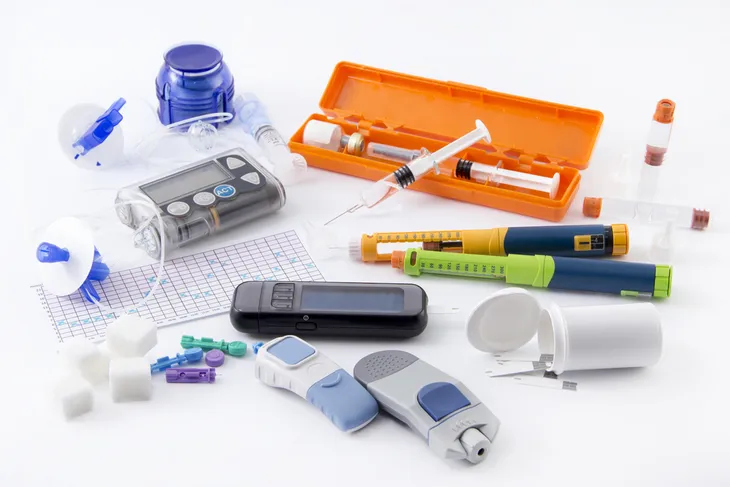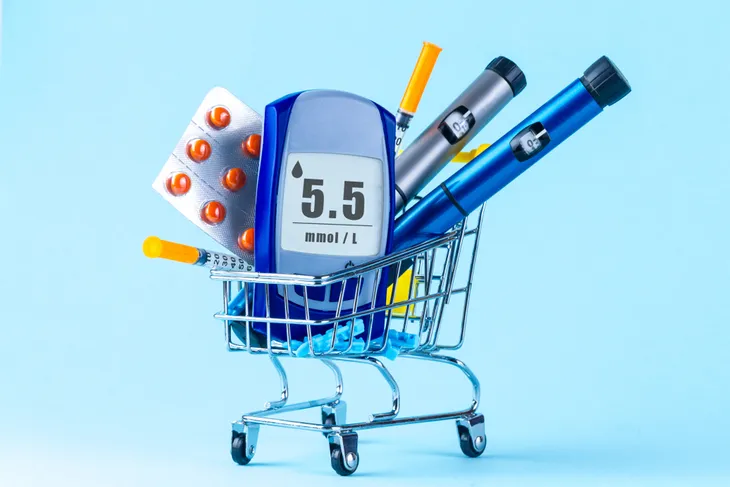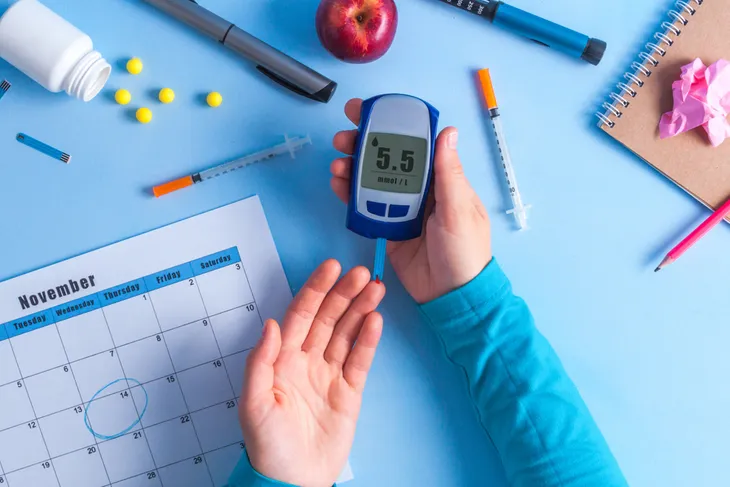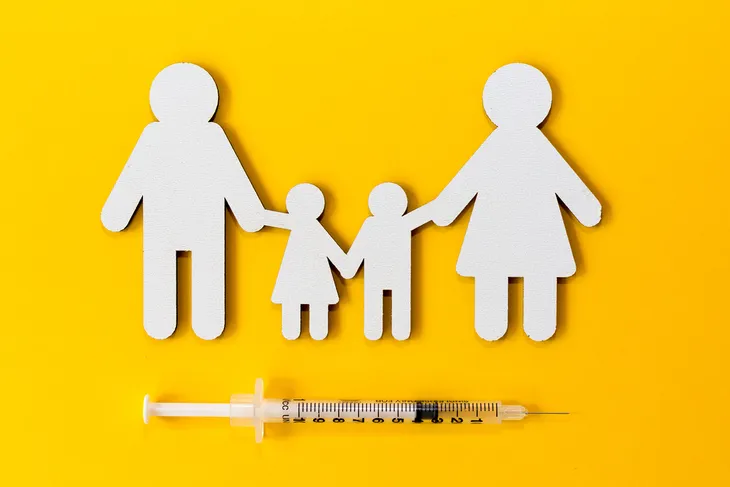When my daughter was first diagnosed with type 1 diabetes (T1D) in 1992, it was a game changer to, for, and with our lives as we knew. She was two at the time and both my wife and I worked. Kaitlyn was our second child and whether we wanted to admit or not, the sensible thing was that one of us would stay home. Over the years I surely have envied those families who found the perfect caretaker for their newly diagnosed child so both parents could continue in their jobs. After a discussion, where we weighed everything, I would go to work (and hopefully find a second job) and Jill would stay home.
This was a big sacrifice as Jill had a very good job and was very good at what she did. Those who know me have heard me say that she is the most organized woman on earth. These skills would be a huge asset to anyone who hired her, and the NY State Senator who did just that came to know what she was capable of undertaking. Jill is a very steady person and it takes much to fluster her…..when Kaitlyn was diagnosed, she was flustered; we both were.
So Jill would deal with the home care and the day-to-day management of our new normal, having diabetes in our household, and I would try to keep us afloat financially.
Want diabetes content delivered straight to your inbox? Sign up for our Diabetes newsletter and receive exclusive news and articles written from our team of diabetes experts.
The Importance of Backups
One of the first things we learned was that when it came to diabetes supplies, you needed to have back-ups to everything. That point was not good enough for Jill and she also believed that anything could come along and we needed to be ready for anything and she decided that as far as anything diabetes was concerned, the back-ups needed back-ups. It was not enough to have glucometer (tests blood sugar), Jill made sure the back-up glucometer was within reach and another one was in each of our cars and, yet, still another one was both upstairs and downstairs as well. Now, before you roll your eyes and ask if all of this was even necessary, let me share that during Kaitlyn’s earlier years of having diabetes every, and I mean EVERY, glucometer was used more than once. When it comes to diabetes, it’s so smart to have backups of your back-ups.
We learned this more and more as Kaitlyn got older and she attended school. Having enough supplies was monumental in our house. We also learned that life also has much to throw at us during this journey and we need to be ready for it. Mother nature, hurricanes, storms, blackouts, and anything else you can think of, if there was one thing to be sure of, it was that there was nothing to be sure of.
Supplies to Have on Hand
So, with that in mind, allow me to share a few things to remind you that it is better to be prepared for the storm, than to seek shelter once it comes.
- Always have diabetes supplies on hand. Glucagon, ketone strips, alcohol wipes, cgm supplies, pump supplies, syringes (when those pumps don’t work), batteries, a glucometer, and tests strips.
- Make sure that you have enough of the hormone that regulates glucose in the blood to get you through a few weeks.
- Make sure you have enough food (Glucose tabs also) when you see a storm coming and enough food to bring your blood sugar levels up if/when needed.
- A battery-operated radio. Leave the batteries out of the radio until you are ready to use and make sure the batteries are not more than three months old.
- If you live alone, make sure someone knows about you.
- A change of clothes including socks and under garments
- Make sure you always have an emergency ID on you.
- Have a spare kit full of diabetes supplies so if you have to leave in a hurry, you can just grab the bag.
- On a piece of paper, write the type of diabetes you have, current meds (and not just diabetes medications), doses, and include your pharmacy name. address, and phone. Make, model, and serial number of your pump and cgm if applicable should also be included.
- Include your doctor’s name, phone number and address.
- Also include a copy of your license or ID as well as your insurance card.
- Flashlight and batteries as well. Probably not such a bad idea to have some cash in the bag as well.
The time to prepare for a storm is now. Once the storm has arrived is too late.
Diabetes Disaster Response Coalition
Did you know there is actually a Diabetes Disaster Response Coalition? This group was created for the sole purpose of helping people with diabetes get through tough times. Their link is https://www.diabetesdisasterresponse.org/ and here is a short version link on what they suggest you do to prepare for any disaster; Short Version.
There is usually some sort of warning when a disaster is looming. If you have prepared properly for what is to come by following these simple instructions, you will be prepared.
Always Be Prepared
One last note. I cannot overstate how important it is to have backups of your back-ups. I can promise you that there will come a time that you will have to: leave in a hurry; be in the dark; be away from your home; seek shelter elsewhere; time has taught me this and it has also taught me that when it comes to diabetes, disasters do not care about our world. Disasters come, leave havoc, and move on until the next disaster. Time has taught us all this point. We cannot do anything about what is to come but we can surely be ready so when it arrives, at least as far as diabetes being present, we are as ready as can be to weather the storm, no matter what it may be.
I am a DiabetesDad.
